Everything we do has negative impacts on the rest of the environment. Obtaining and producing the petroleum based oil also causes large amounts of environmental damage. Both have negative impact in their production and use. Probably none of us here have the resources to do an end-to-end systemic analysis of the impacts, so we must make some guesses.
In terms of personal health, breathing vegetable oils is probably not a good idea either, but I'm betting it's slightly better than petroleum.
Bio oils could be made with less negative impacts, although in most cases that would make them too precious to be wasted as chainsaw bar oil. Essentially, these oils are only available to us by leveraging the large amounts of petroleum used in their production.
In terms of what gets spread on my land (which is the only place I cut), there isn't much doubt that petroleum has worse negative impacts.
My cost for canola is slightly less.
Therefore on balance using canola makes sense for me, and has worked well for several years now.





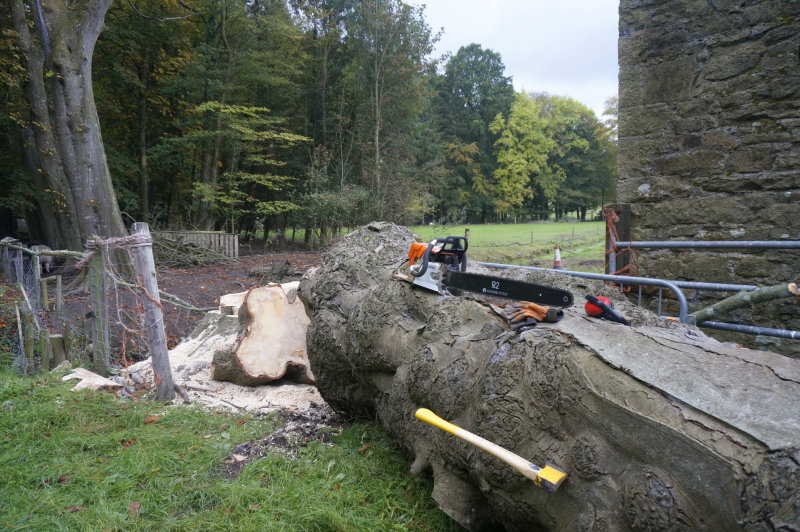
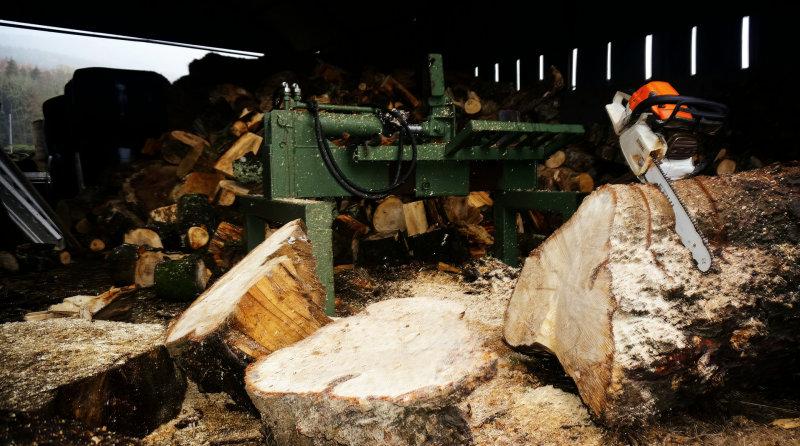
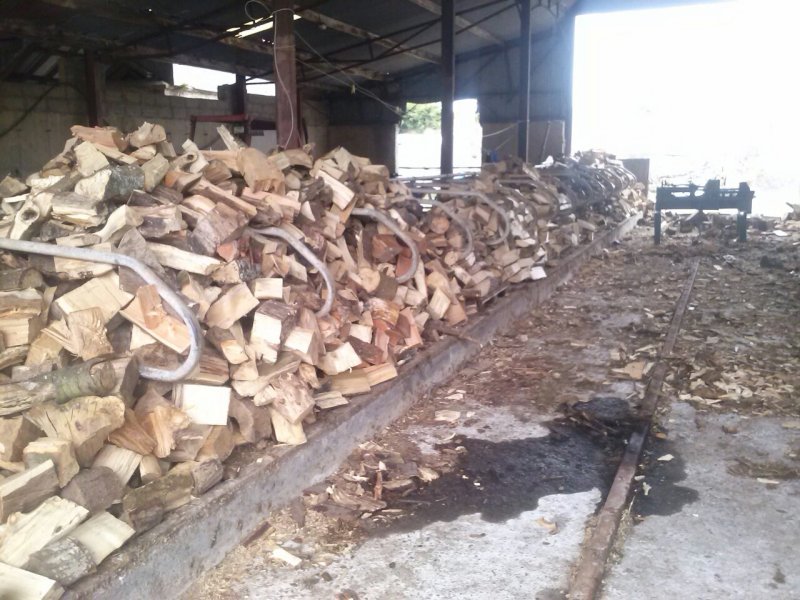
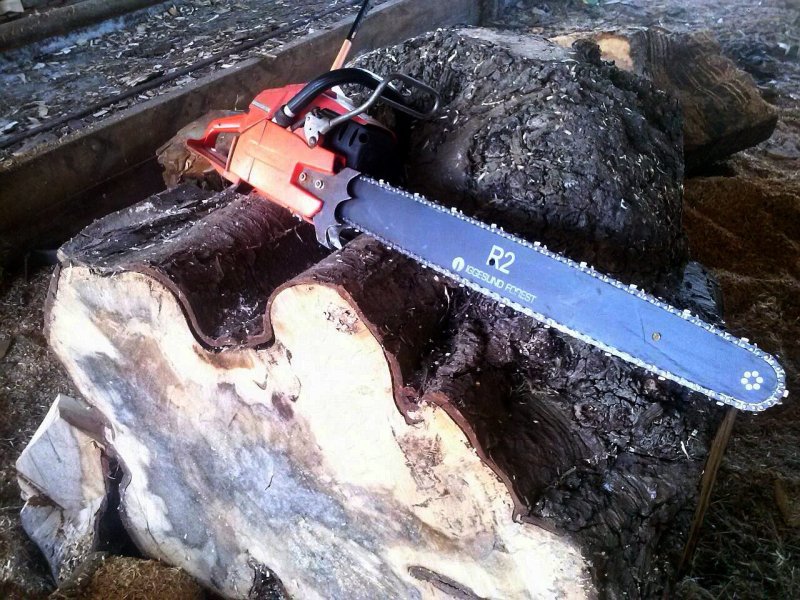
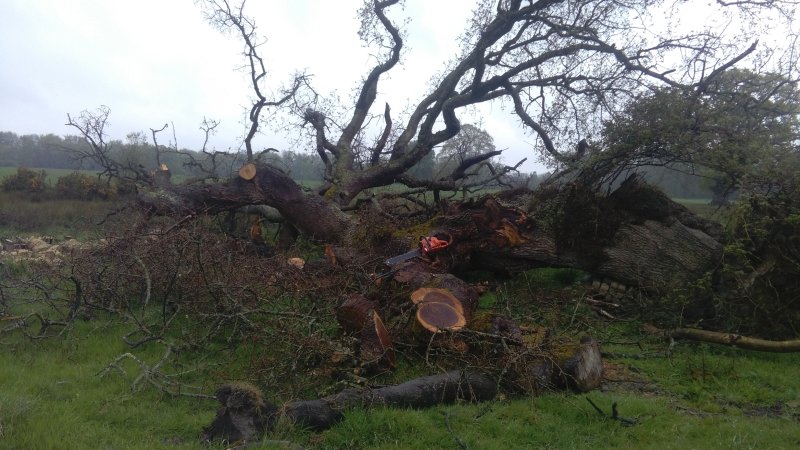
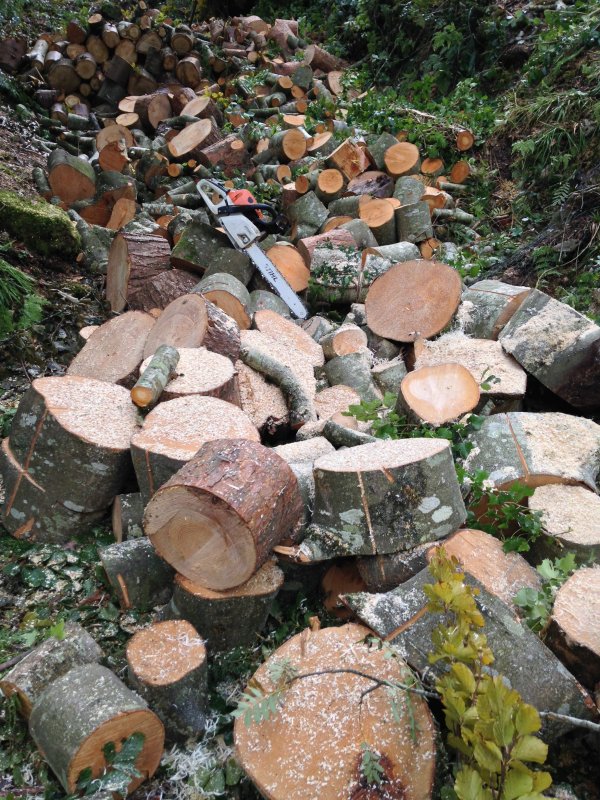
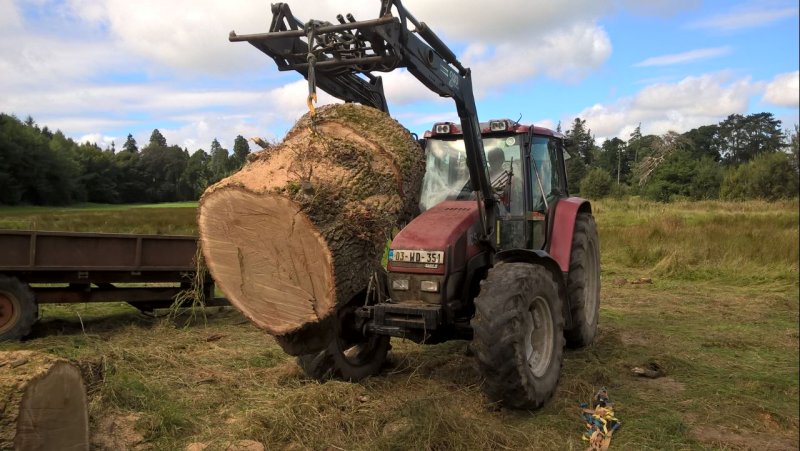
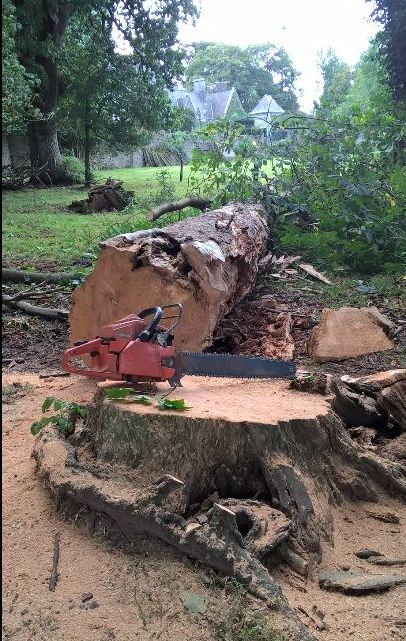




















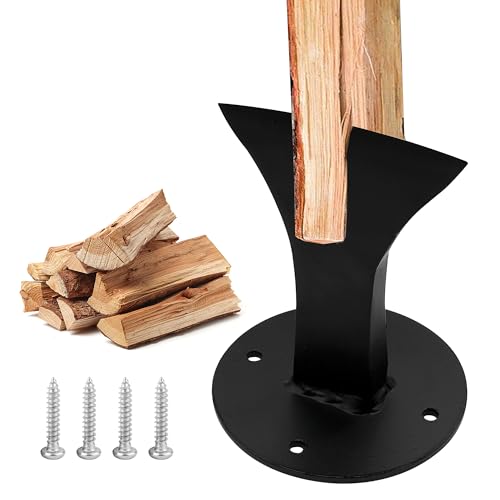
 well done! I too as a result of this thread started using olive oil spray cans for my hedge trimmers. NO more seized up blades on units not run for periods (I have 5 hedge trimmers in various forms). Still using canola in saws as I get is free & they are being regularly used. But I would switch to olive if I could get it cheap enough. Olive is still cheaper than bar oil though, but I can say it works well on the trimmer blades. I use it too on my axe handles I make and all other wood handled yard tools.
well done! I too as a result of this thread started using olive oil spray cans for my hedge trimmers. NO more seized up blades on units not run for periods (I have 5 hedge trimmers in various forms). Still using canola in saws as I get is free & they are being regularly used. But I would switch to olive if I could get it cheap enough. Olive is still cheaper than bar oil though, but I can say it works well on the trimmer blades. I use it too on my axe handles I make and all other wood handled yard tools.